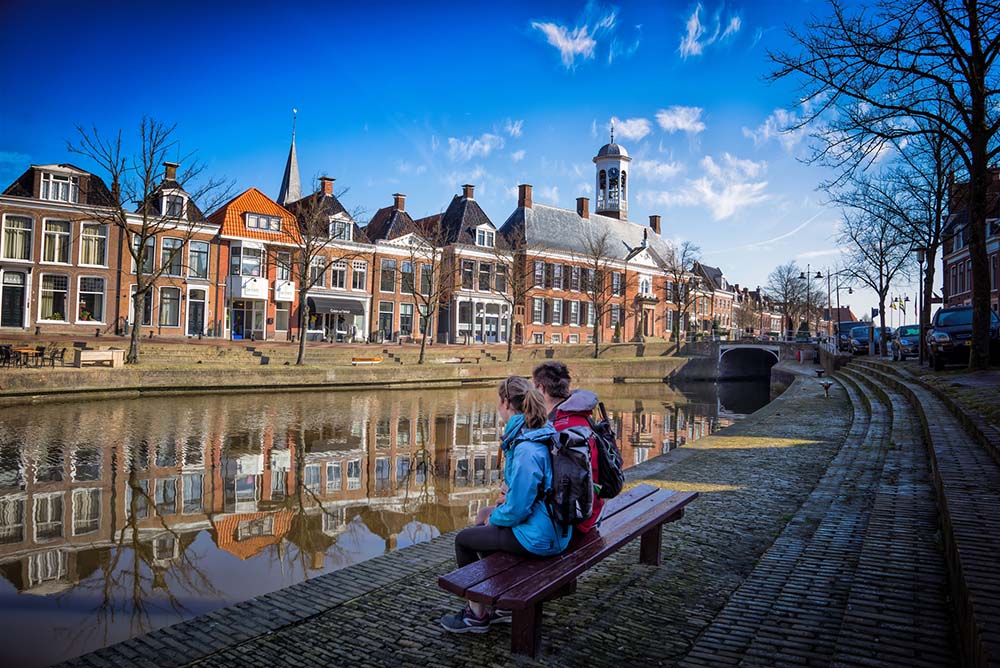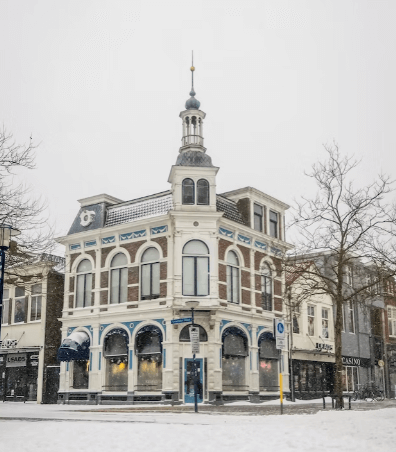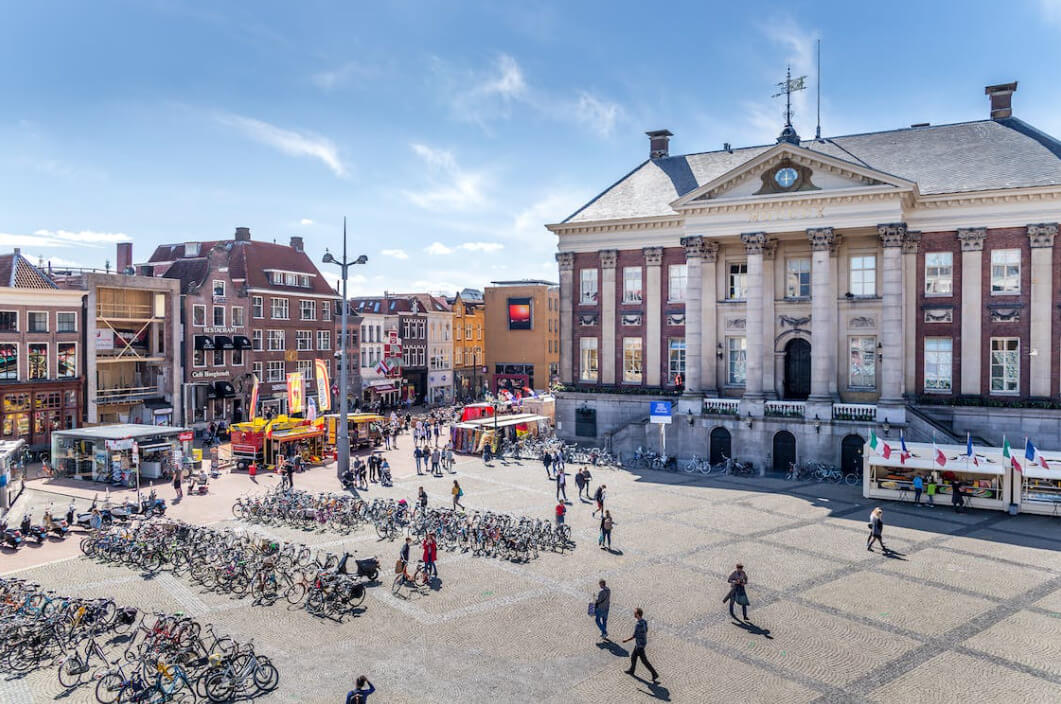Postdoctoral researcher in NLP, Digital Humanities, and Semantic Web

Applications are invited for a 2-years position as postdoctoral researcher within the research project “Graphs and Ontologies for Literary Evolution Models” (GOLEM), financed by an ERC Starting Grant and coordinated by the Principal Investigator (PI), Dr Federico Pianzola. This is an interdisciplinary project at the intersection of NLP, Digital Humanities, and Semantic Web technology.
Millions of stories are shared on online platforms such as Wattpad, AO3, and Fanfiction.net, combined with readers' reactions and comments on these stories. The GOLEM project will analyze stories and their responses gathered from sites in five different languages – English, Spanish, Italian, Korean and Indonesian. This analysis can provide a wealth of information about the characters in a story, the genre, what a story is about, how a story is constructed, what themes are covered, as well as what readers from different countries and cultures find important in a story.
The core infrastructure of the project is a graph database of ca. 8 million stories, including information extracted from the full text of the stories via NLP techniques. Some information is already available in structured format, some other can be imported from resources like Wikidata or fan wikis. In addition, both the full text and the existing triples can be leveraged for the extension of the knowledge graph via automated reasoning, inferential learning, and other techniques.
The project will hire a postdoctoral researcher, who will work in the GOLEM lab.
Your tasks:
In collaboration with the other team members, you will work on the creation of a knowledge graph database generated extracting structured information from unstructured narrative text.
You will contribute to:
- Enrich a knowledge graph database with information obtained via NLP.
- Use neurosymbolic AI to extract information from unstructured text.
- Use NLP methods for modelling narrative text.
The focus on each of these tasks can vary based on the expertise of the applicant.
The University of Groningen
Since its foundation in 1614, the University of Groningen has established an international reputation as a dynamic and innovative university offering high-quality teaching and research. Its 33,000 students are encouraged to develop their own individual talents through challenging study- and career paths. The University of Groningen is an international centre of knowledge: It belongs to the best research universities in Europe and is allied with prestigious partner universities and networks worldwide.
The Faculty of Arts
The Faculty of Arts is a large, dynamic faculty in the heart of the city of Groningen. It has more than 5000 students and 700 staff members, who are working at the frontiers of knowledge every day. The Faculty offers a wide range of degree programmes: 15 Bachelor's programmes and over 35 Master's specialisations. Our research, which is internationally widely acclaimed, covers Archaeology, Cultural Studies, History, International Relations, Language and Literary Studies, Linguistics and Media and Journalism Studies.






